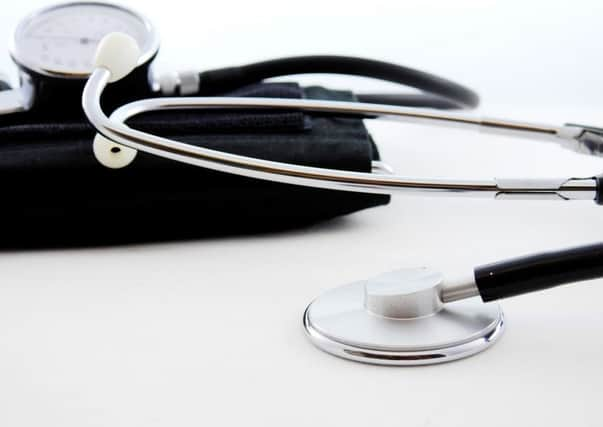New mums across South Tyneside to get vital mental health support


This week, councillors heard updates on the South Tyneside Mental Health Strategic Alliance which helps plan services in the borough.
In practice, it aims to focus on prevention, ease of access and equality in available services and sustainable care.
Advertisement
Hide AdAdvertisement
Hide AdOngoing projects include work around housing support, dementia and tackling rising demands of patients accessing A and E.
Now, the alliance aims to provide services for women both during pregnancy and after birth.
On Tuesday, (June 4) Head of Integrated Commissioning at South Tyneside Council, Janet Evans, gave an update to the authority’s People Select Committee.
She said women with mental health issues are more likely to face problems during pregnancy and after giving birth.
Advertisement
Hide AdAdvertisement
Hide AdAnd the new perinatal service, she explained, aims to “keep a close eye on those women” with a range of support.
“This service is in place to support those women for up to a year with nurses, midwives, psychiatrists and psychology,” she said.
“We recently had a workshop with the public and all the professionals involved to look and make sure that people had awareness of it and make sure it’s embedded in the services as well.”
According to NHS England, perinatal mental health illness affects up to 20% of women and covers a wide range of conditions.
Advertisement
Hide AdAdvertisement
Hide AdThe issue can also have long-standing impact on the emotional, social and cognitive development of children.
A report presented to councillors, said future work around the service includes extra training and “links to wider family networks.”
However, there is “still work to do” around building relationships with marginalised communities.
The South Tyneside service falls against a backdrop of a national NHS pledge to increase access to perinatal services.
Advertisement
Hide AdAdvertisement
Hide AdBacked by £365million in funding, the phased five-year programme aims to build capacity in services – including specialist, community and inpatient care.
By 2020/21 health bosses hope to allow an extra 30,000 women to receive treatment each year.
Chris Binding , Local Democracy Reporting Service